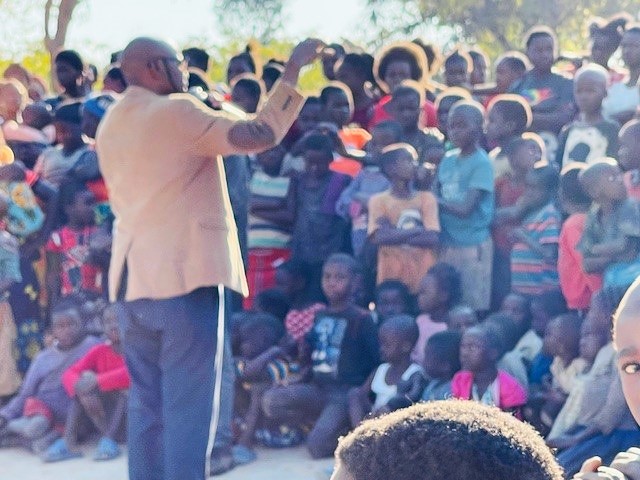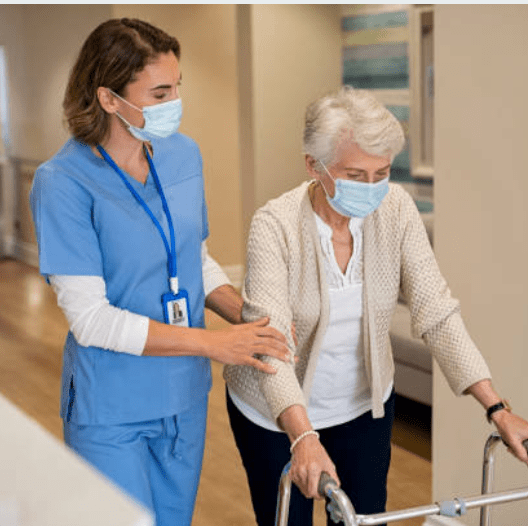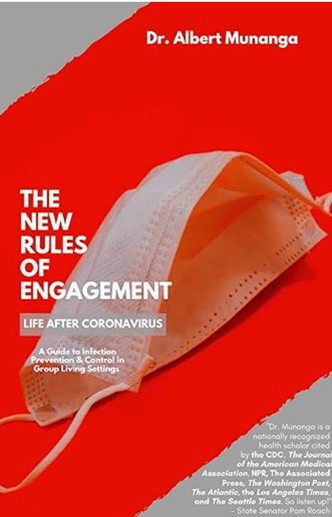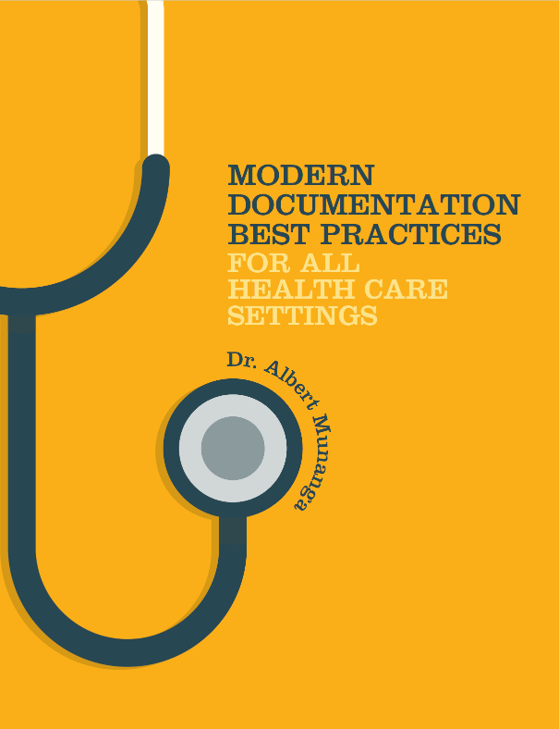
EMPOWERING COMMUNITIES
Serengeti is committed to making a meaningful difference beyond its quality healthcare services.
The organization actively engages in multiple initiatives that uplift communities and support individuals in need, reflecting a holistic approach to social responsibility.
at home and across the globe
Through a passionate commitment to education and empowerment, Serengeti seeks to address pressing issues faced by underserved populations, locally and around the world.
Nurturing Hope
Multifaceted Approach to Social Impact
Serengeti’s commitment to giving back is exemplified through several impactful initiatives:
Youth Ministry Programs
Through transformative programs like these, Serengeti focuses on uplifting individuals by providing essential education and resources, fostering a culture of compassion and empowerment that transcends borders.
Healthcare Leadership and Advocacy
Serengeti’s healthcare advocacy efforts, led by Albert Munanga’s span local, state, and national levels, demonstrating a commitment to improving healthcare quality, long-term care, quality standards, and public health initiatives. His leadership roles in key state and national committees, innovative research contributions, and humanitarian efforts include:
Long-Term Care Committee
Committee chair for the last two years, elevating the long-term care perspectives as part of the continuity of care as patients transition from hospitals to long-term care facilities.
An active member for many years and previous chair of this committee, Albert continues to contribute to quality improvement initiatives within the healthcare system of Washington State.
Dr. Munanga has served on this committee for several years, contributing his experience, expertise and thought leadership in the development of national standards for quality in healthcare.
Albert has provided guidance and expertise to this innovative healthcare initiative, reinforcing his commitment to advancing healthcare through research and innovation beyond his primary professional duties.
Albert facilitates diplomatic relations and promotes cultural and economic ties between Zambia and the state.

Leading the COVID-19 Response
Albert research published by the CDC regarding COVID-19 symptoms.
Albert played a significant role in the early response to the COVID-19 pandemic, demonstrating leadership and insight that contributed to our understanding of the virus. He was among the first to implement widespread mass testing efforts, recognizing the importance of early detection in managing the spread of the disease. His proactive approach helped set a precedent for large-scale testing initiatives across the country.
Perhaps most notably, Albert made a crucial observation regarding COVID-19 symptoms that initially faced skepticism from health authorities. He identified gastrointestinal (GI) symptoms as potential indicators of the virus, a finding that was not initially recognized by the CDC. Undeterred by initial doubts, Albert collaborated with 11 other doctors to conduct rapid research on the topic.
Their findings, published on April 27th and now available on the CDC website, officially recognized GI involvement and diarrhea as symptoms of COVID-19. This research, which includes Albert’s name, played a vital role in expanding our understanding of the virus’s manifestations and improving diagnostic criteria.
Unlocking Healthcare Insights
Transforming Healthcare Through Planning, Effective Communication and Documentation
Albert Munanga’s impactful book, “New Rules of Engagement,” published in 2020, laid the groundwork for understanding the importance of effective communication in healthcare settings, especially in the post-COVID world
His latest release, “Modern Documentation Best Practices for All Health Care Settings,” builds on that foundation by providing essential guidance on meticulous documentation practices. Together, these works offer healthcare professionals valuable insights into enhancing patient care, ensuring compliance, and fostering collaboration across various care environments.
tHE NEW RULES OF ENGAGEMENT:
Life After Coronavirus
Infectious outbreaks are like natural disasters: we never know when they will strike. We don’t know how much worse the COVID-19 pandemic will get or when the next outbreak will strike, but there’s no doubt that there will be many more pandemics in the future. It’s even possible that the next one will be far deadlier than the coronavirus pandemic currently plaguing the world.
The time for planning for the next outbreak isn’t after people start falling ill with a new contagion. The time to plan for the next one is now, before the painful memories of our unpreparedness for the COVID-19 pandemic fade.
Dr. Albert Munanga wrote The New Rules of Engagement in 2020 to help individuals and institutions prepare for the next outbreak. Dr. Munanga’s handbook provides practical advice about containing diseases like COVID-19 in congregant living settings, including individual households. A powerful reminder that an ounce of prevention is worth a pound of cure.


MODERN DOCUMENTATION BEST PRACTICES for all health care settings
Albert Munanga’s new book, “Modern Documentation Best Practices for All Health Care Settings,” serves as an essential guide for healthcare professionals across diverse care environments. Drawing on his extensive experience, Munanga provides practical insights into effective documentation practices that are crucial for ensuring high-quality patient care, legal compliance, and seamless communication among healthcare teams.
This comprehensive resource covers fundamental principles, minimum practice guidelines, and strategies for managing documentation risks, empowering professionals to enhance their skills and deliver optimal care while navigating the complexities of the healthcare landscape.

